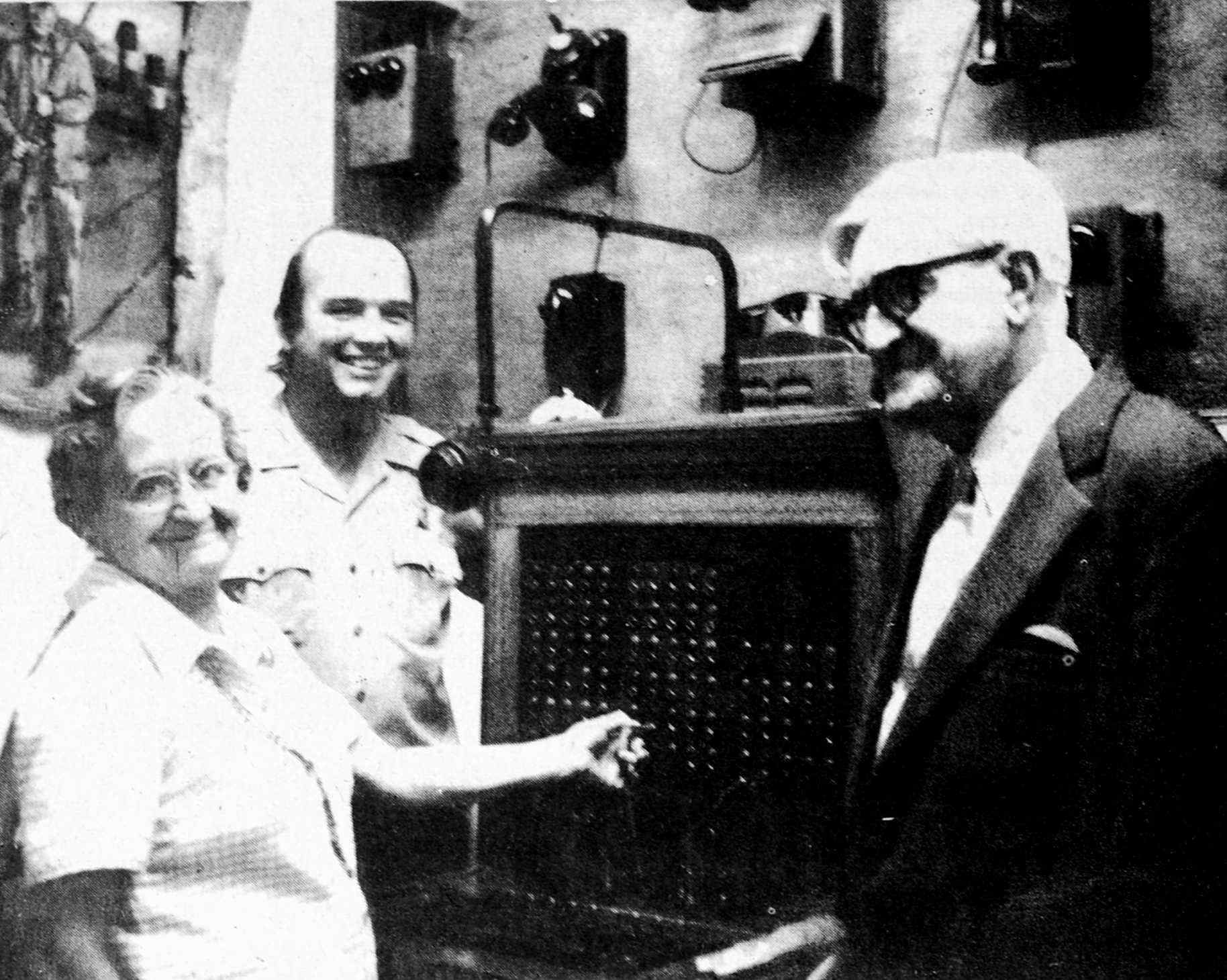Craig Childs is coming home.
He will share his most recent book “Apocalyptic Planet: Field Guide to the End of the World” with friends and readers at Star Hall on Oct. 3.
Childs is the author of “Finders Keepers: A Tale of Archaeological Plunder and Obsession” and “The Animal Dialogues: Uncommon Encounters in the Wild”. When he’s not writing or speaking on NPR’s Morning Edition, he is outside exploring.
In the 1990s he was living out of his truck and working as a guide and outdoor education teachers. When he was in town he’d sleep on couches, or in a friend’s backyard.
“I end up in and around Moab frequently. I live only a few hours away. Even if the town is a hell of a lot brighter and busier than it used to be, those are the same big, red walls, the same Behind the Rocks, the same Mill Creek, and the same smell of river,” Childs said. “So, yes, it is coming home. I’ll be there in October, my favorite month to be passing through.”
In “Apocalyptic Planet” Childs explores how the earth has “died” many times, yet keeps coming back. He combines science and adventure to reveal the ways the world moves toward the apocalypse.
“No author writes about our planet better than Craig Childs. Craig has trekked across the deserts of the world, crawled on day-old lava, skied on disappearing glaciers; he’s lived this changing earth and writes from the heart,” said Andy Nettell, owner of Back of Beyond Books
Childs’ first book “Stone Desert”, published in 1995, was based on explorations in Canyonlands National Park.
“That is where I learned to see time in the landscape, where I began to understand the larger context of change and continuity that surrounds us. “Apocalyptic Planet” is my first book that does not directly reference experiences around there,” Childs said. “It is much more of a global project, but you should be able to see in these passages the same kinds of winds visible in those sandstones, the same reds, the same big, sculpted horizons. That is where it all started for me.”
While the Moab desert is not included in this book, its presence is felt.
“The deep sense of time you get from sandstone country, the immediacy of erosion altering rock tens of millions of years old, certainly set the stage for my writing ‘Apocalyptic Planet’,” Childs said. “This is, after all, a book about time, about the different scales we live within from sudden cataclysms to long, million- even billion-year changes.”
This is Childs second time to work with the Grand County Public Library. The first time was in 2010 where he shared “The Secret Knowledge of Water”.
“It was so popular we packed the large meeting room and had to turn a lot of people away,” said Adrea Lund, head of adult services at the Grand County Public Library. “So, we are very happy to be hosting him again, but at a larger venue for his new book tour.”



